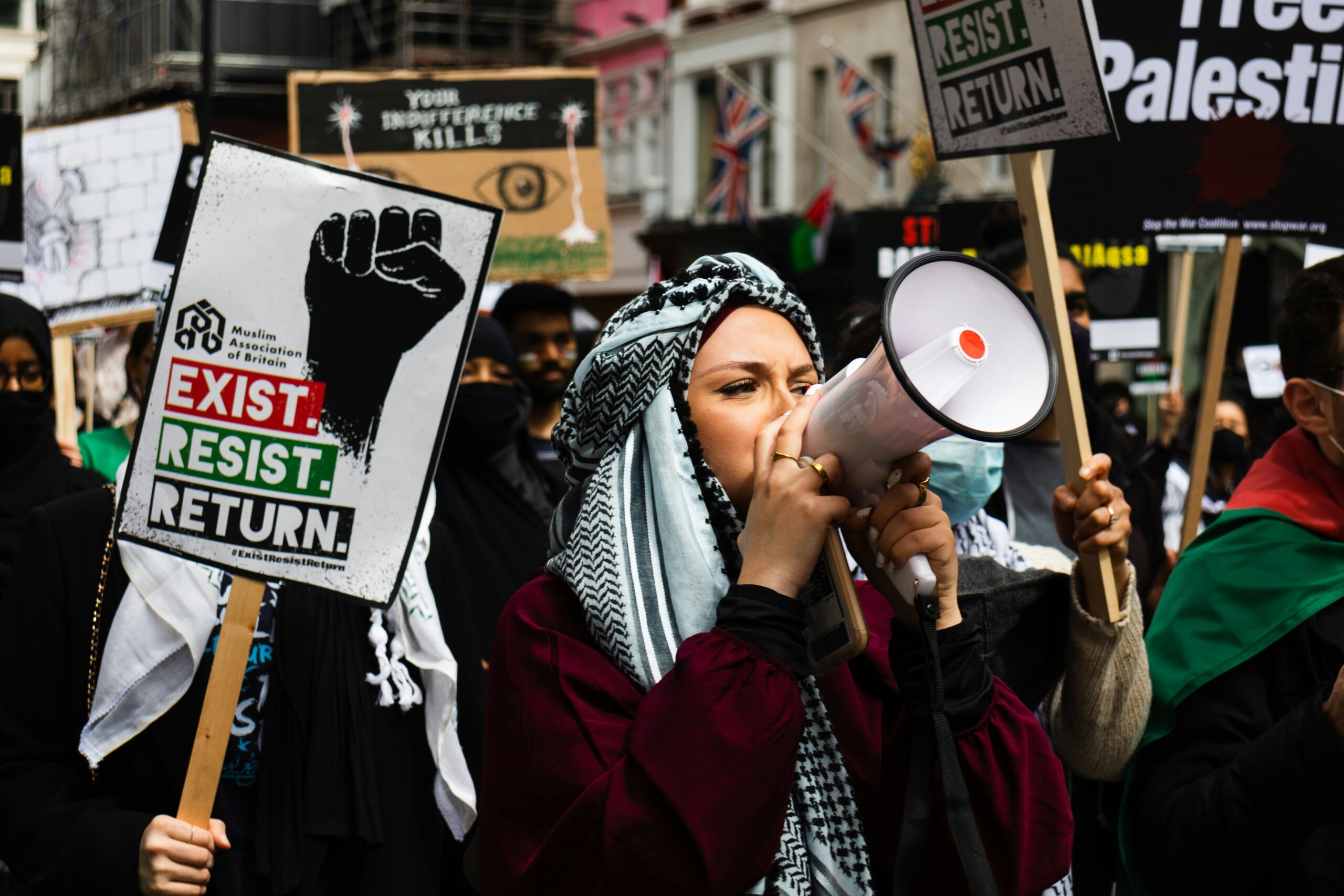
Across the globe, from South Africa to the Philippines and the United Kingdom, citizens have taken to the streets in a series of protests and vigils. These global actions come in the wake of a tragic incident where four Al Jazeera journalists and two freelancers were deliberately targeted and killed by Israeli forces in Gaza. The demonstrations are not only a tribute to the fallen journalists but also a call to action against what is perceived as a continuation of violence against the press and the Palestinian people.
Key Facts
- The attacks occurred late Sunday near al-Shifa Hospital in Gaza City, where the journalists were stationed in a media tent.
- The slain journalists include Al Jazeera correspondents Anas al-Sharif and Mohammed Qreiqeh, and cameramen Ibrahim Zaher and Mohammed Noufal.
- Global protests erupted on the following Wednesday, with significant gatherings in Cape Town, Manila, and London.
- Participants have called for international media access to Gaza and an end to the violence.
Background
The conflict reignited after the Hamas-led attacks on southern Israel on October 7, 2023, which resulted in significant casualties on both sides. Israel’s subsequent military actions in Gaza have been severe, with Al Jazeera reporting over 61,722 Palestinian casualties to date. The targeted killing of journalists has brought further international scrutiny on Israel’s military tactics in the region, particularly regarding the treatment of the press and civilian populations in conflict zones.
Official Reactions and International Response
In South Africa, journalists and civil society members voiced their outrage by gathering at St George’s Cathedral in Cape Town, a location symbolic of resistance against oppression. The South African government, having a historical stance against the violation of human rights, expressed condemnation of the killings, recalling the outrage following the death of Palestinian-American journalist Shireen Abu Akleh in 2022. Furthermore, in December 2023, South Africa brought a case against Israel at the International Court of Justice, accusing it of genocide in Gaza.
In the United Kingdom, journalists assembled outside the Prime Minister’s residence, demanding not just condemnation but actionable steps from the government to ensure the safety of journalists in conflict zones. British Prime Minister Keir Starmer has expressed “grave concern” and has taken a stance against Israel’s military strategies in Gaza, advocating for a two-state solution and recognizing a Palestinian state under certain conditions.
In Manila, student activists and journalists protested at the University of the Philippines, criticizing the attack as an attempt by Israel to cover up its actions in Gaza. They urged the international community, including the Philippine government, to reassess its ties with Israel, highlighting the Philippines’ significant role as a major importer of Israeli arms.
What’s Next
The international outcry has the potential to influence diplomatic relations and media coverage of the Israel-Palestine conflict. Calls for an independent investigation by the International Criminal Court and increased pressure on Israel to ensure the safety of journalists suggest a pivotal moment in addressing the broader implications of the conflict on global journalism and human rights.


